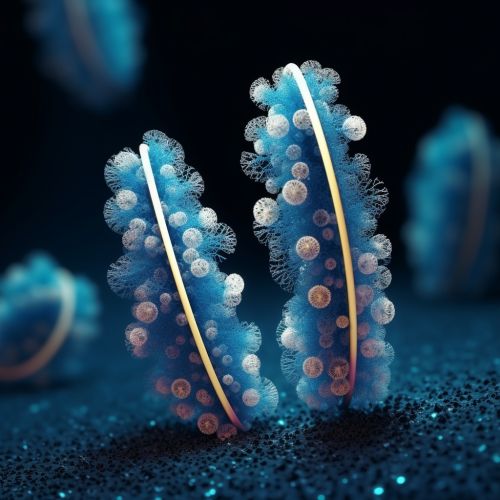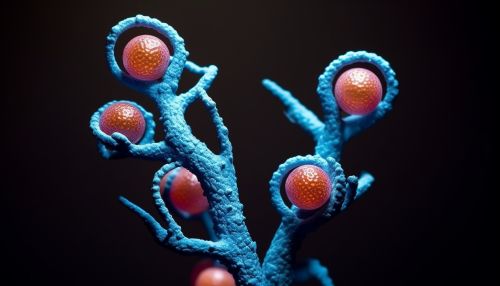Autosomal recessive
Introduction
Autosomal recessive is a mode of inheritance of genetic traits located on the autosomes (the 22 non-sex determining chromosomes). In an autosomal recessive disorder, two copies of an abnormal gene must be present for the disease or trait to develop. The carriers, who have only one copy of the gene, do not usually show the trait or disease.


Understanding Autosomal Recessive Inheritance
Autosomal recessive inheritance refers to the pattern of inheritance in which both copies of an autosomal gene must be abnormal for a genetic condition or disease to occur. In this type of inheritance, both parents are typically carriers of the condition but do not show symptoms, as they have only one copy of the abnormal gene.
When both parents are carriers, there is a 25% chance in each pregnancy for the child to inherit both abnormal copies and therefore express the disease. There is a 50% chance for the child to inherit one abnormal gene and become a carrier, like the parents, and a 25% chance for the child to inherit both normal genes.
Autosomal Recessive Disorders
There are numerous autosomal recessive disorders, which can affect any part of the body and can range from mild to severe. Some of the more common autosomal recessive disorders include cystic fibrosis, sickle cell anemia, and Tay-Sachs disease.
Cystic Fibrosis
Cystic fibrosis is one of the most common autosomal recessive disorders. It affects the respiratory and digestive systems, causing a buildup of thick, sticky mucus that can lead to lung infections and digestive problems.
Sickle Cell Anemia
Sickle cell anemia is another common autosomal recessive disorder. It affects the red blood cells, causing them to become misshapen and break down more rapidly than normal, leading to anemia.
Tay-Sachs Disease
Tay-Sachs disease is a less common but severe autosomal recessive disorder. It affects the nervous system, causing progressive damage to nerve cells in the brain and spinal cord.
Genetic Testing and Counseling
Genetic testing can identify carriers of autosomal recessive disorders and can also diagnose these conditions in individuals who are showing symptoms. Genetic counseling can provide information and support to individuals and families who are affected by, or who are carriers of, autosomal recessive disorders.
Conclusion
Autosomal recessive inheritance plays a significant role in many genetic disorders. Understanding this mode of inheritance can help individuals and families make informed decisions about health care, family planning, and genetic testing.
